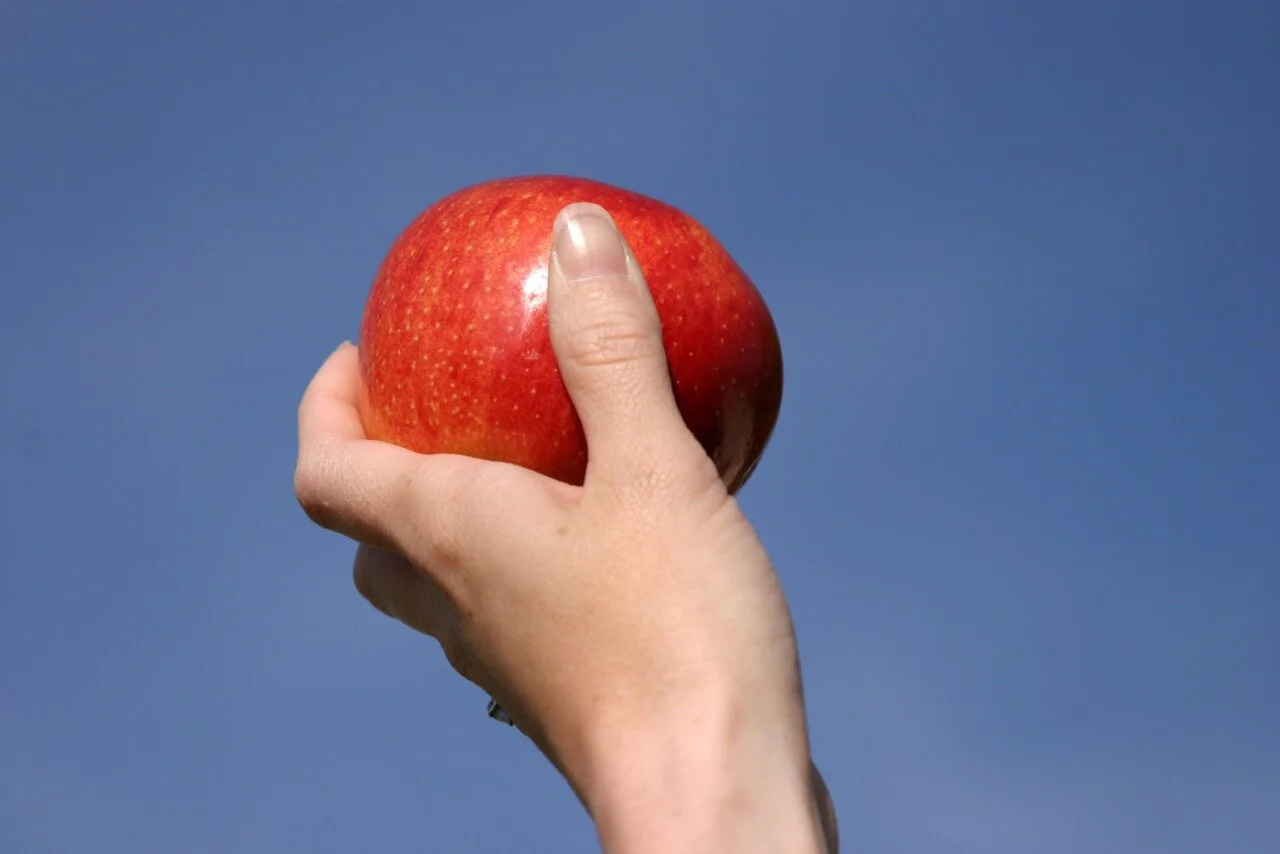Choosing not to eat or drink can be packaged as a noble and well-intentioned way to avoid intense pain and suffering, but VSED ultimately represents a flawed choice. It subtly draws us into the mistake of treating the objective good of our life as if it were an evil to be quelled or extinguished.
Read MoreRecognizing that dehydration is a painful way to die serves as a helpful starting point to assist family members in addressing the nutrition and hydration needs of their loved ones who may find themselves in compromised states or approaching the end of life.
Read MoreFostering a humanly enriching environment for those facing death often means giving explicit attention to human presence and human contact, even in the midst of a plethora of technology that may surround a patient.
Read MoreOur duty is to provide loving care and strong support to those whose “quality of life” may be less than perfect, including those who are sick or those who may be disabled like Terri Schiavo, rather than targeting them for an early demise through the withholding of food and water.
Read MoreThe answer always depends on the particulars of a patient’s situation, but there are a few broad considerations that can help in the discernment process.
Read MoreIn order to decide whether a treatment is ordinary, we must also look at the patient’s condition and circumstances, and not merely focus on the treatment, the medical device, or the medicine itself.
Read More






